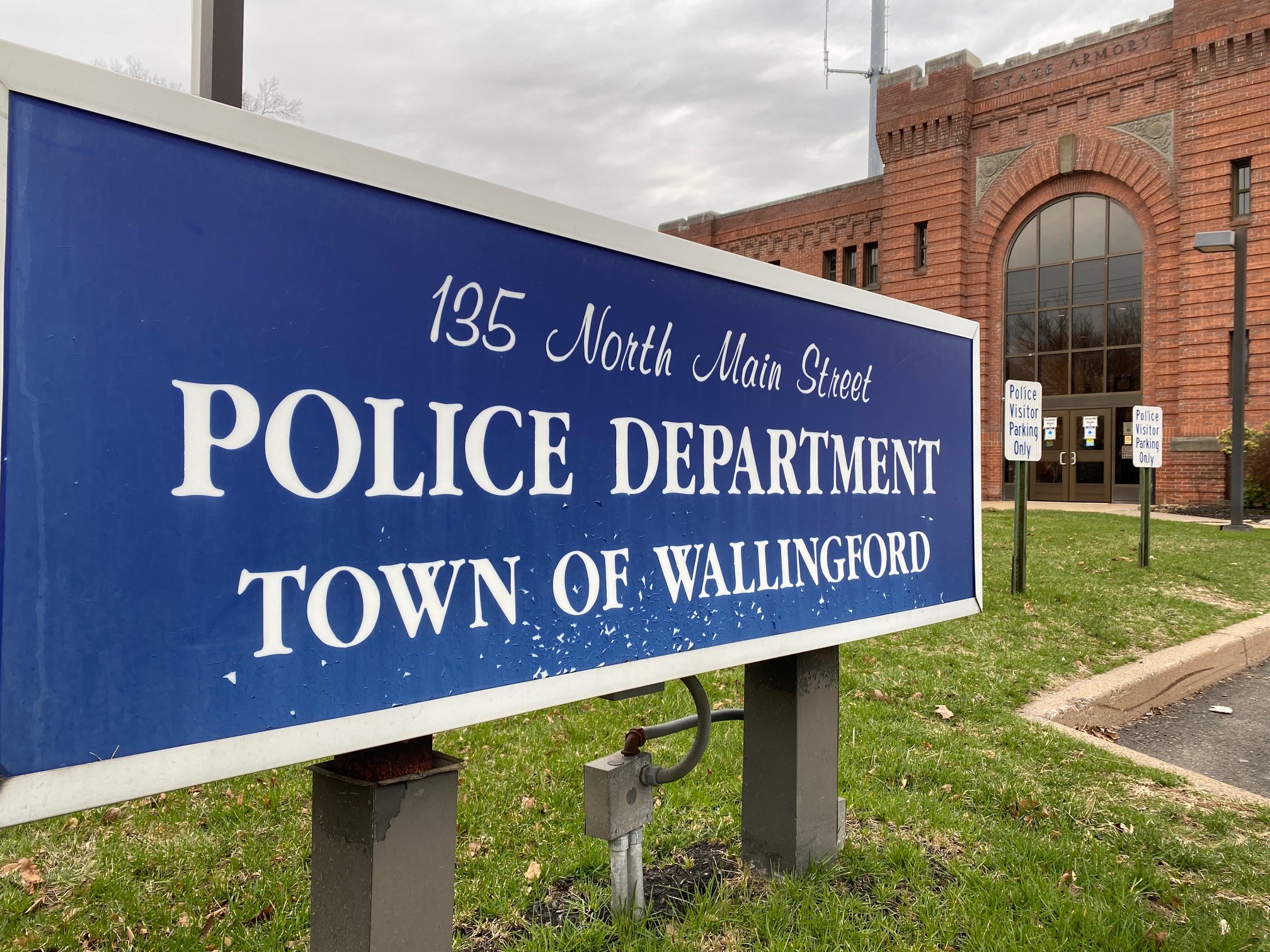Our social media footprint can say a lot about us: what books we read, which TV shows we watch, even which politicians we like.
But if your job relies on proving you are impartial, your online accountability is everything – and impartiality is crucial for judges.
“We are to avoid impropriety and appearance of impropriety,” said Judge Barbara Quinn, Chief Court Administrator for Connecticut.
Facebook, for instance, has forced most of us, including judges, to reexamine what it means to be a "friend." Is it that childhood buddy, or the possibly hundreds of random people you’ve never met that send you a friend request?
“A judge could accept friendship offers on Facebook from anybody and not automatically cause concern. They would probably still have to be in the case. On the other hand, judges don't want to be put in that position,” said attorney Jim Bergenn.
“It’s not that you leave your First Amendment rights at the courthouse door when you’re appointed, but you’re no longer the same as a private citizen,” said Judge Quinn.
And on social media, that includes not just your comments or posts, but to whom you give the Facebook thumbs up.
Local
This year, Connecticut judges were asked not to "friend" attorneys or law enforcement officials that appear before them, or make comments about any case, even those not in their courtroom.
So, is being on social media worth the potential headaches for judges?
“Many have decided that it is not,” said Judge Quinn. “It all harkens back to our need to be impartial and for people to perceive us to be impartial,” she added.



